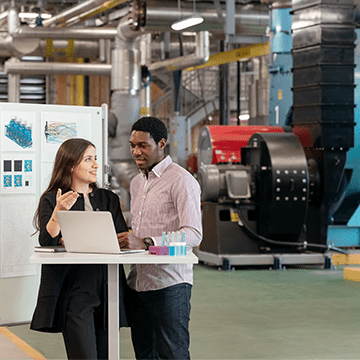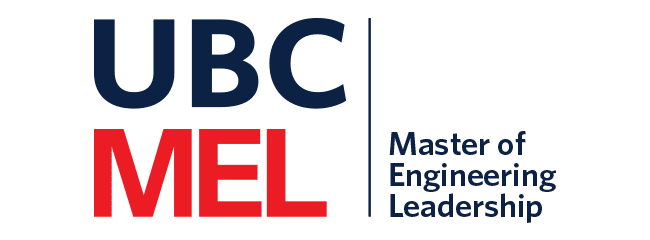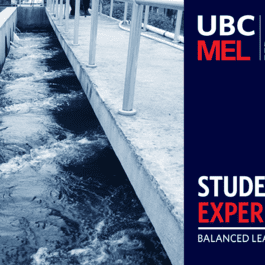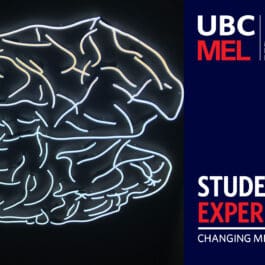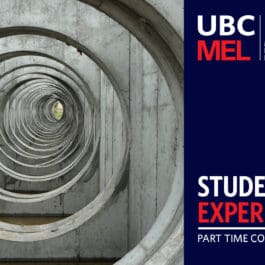
Student Experience – Yasser Arwal
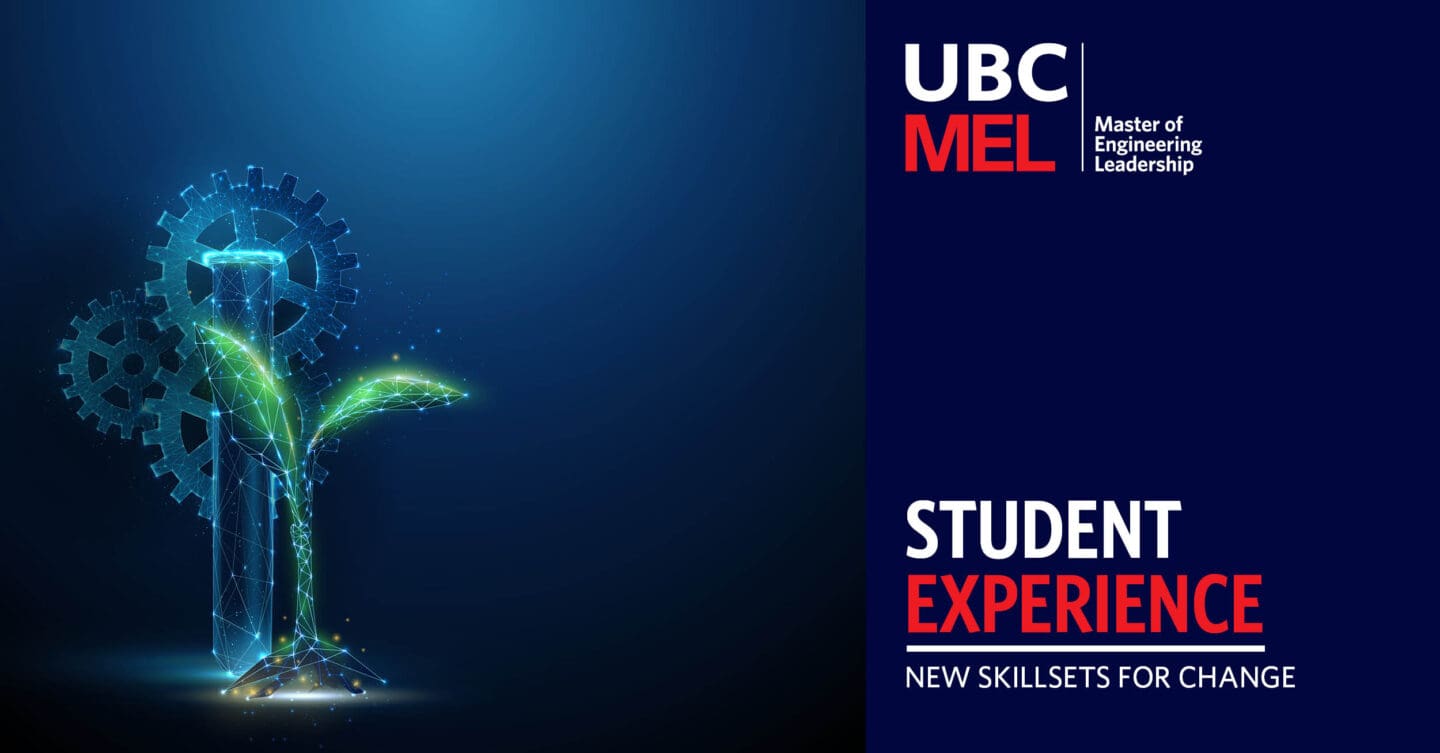
A member of the first cohort of students in the MEL in Sustainable Process Engineering, Yasser Arwal spoke to us five months into the program to share his thoughts on the experience so far.
Tell us about your professional background.
I’ve lived in France for the past 10 years, moving to Paris to do a bachelor’s degree in mechanical engineering and a co-op master’s program focusing on computational mechanics and petroleum engineering. I worked for Total (France’s national oil and gas company) for two years, including an internship in Edinburgh working on reservoir simulation.
Why did you choose the Master of Engineering Leadership?
As an individual, an endeavour of mine has always been to have impact in the world. This means to be a driving force in responding to the challenges that humanity faces.
With that being said, one global challenge for the next few decades is that of energy transition and sustainability. We need to pursue a very ambitious sustainability and energy transition agenda to achieve climate change goals.
That requires people with a different set of skills than what you would obtain from a traditional master’s degree in science or engineering.
Saying we need change is not enough. We need people with the skills to lead change. That’s why I liked the dual focus of this program: the focus on sustainability, and how we get there technically, but also the focus on engineering leadership. That means skills in strategy, communication and entrepreneurship.
If I want to lead change, I need to have technical acumen as well as entrepreneurship and business management acumen. This program strikes the balance between the two.
What specifically appealed to you about the Sustainable Process Engineering option?
The name of this program says it all.
Process engineering is about taking things from their raw stage to becoming a commercially viable product. By adding sustainability to the equation, it means we are now intelligently tweaking some of our industrial practices to increase circularity and reduce waste and harmful emissions.
With that in mind, the changes we can make to existing processes not only boost the value of the product economically speaking, but the method of delivery of that value is enhanced so as to not compromise the well-being of humankind and the planet alike. This work can help us generate important short-term benefits that contribute to the overall transition to clean energy.
What engineering courses have you taken so far?
Sustainable Process Engineering is one of the only MEL programs where you have considerable choice in your engineering classes based on your targeted career path after graduating.
Because my background is in the oil and gas industry, I took a course on carbon capture. Fossil fuels will continue to be used, but we need to find ways to capture and store the CO2 we are emitting. I also took a course on thermodynamics. Each semester also includes a class on reactor and processing technologies, which provides an overview of the latest knowledge in these areas so you can identify and pursue opportunities to innovate and develop new processes or ventures.
How about the business courses?
These have been brilliant.
Being an engineer is not enough. You can come up with the technology, but if it’s not economically viable to produce or does not meet a specific need or if you can’t communicate its benefits, it’s irrelevant. In these classes we learn strategy and entrepreneurship.
We also learn leadership, including how to get the most out of your employees and their potential.
Any thoughts about life after graduation?
Well, I’m not even halfway through yet! And that’s part of what we’re learning in this program – deepening our understanding of the market and identifying opportunities. I’m keeping an open mind and trusting the process that a clearer vision will develop. We often talk about the options available to us, from going back to former positions or industries (but with the new skills to make a difference) to starting our own companies.
Any other thoughts you’d like to share?
I think this program is a great choice for people with an across-the-board interest in all roles within an organization, from engineering to project management to marketing.
It’s for people who want to learn about entrepreneurship and leadership, not those who want to focus on a niche area of engineering and become a specialist in that area. It’s for people who want to diversify their skills, to be, as our business prof Justin Bull says, foxes rather than hedgehogs.
The hedgehog is great at what it does, but we need to be foxes who are good at lots of things. That means being aware of all the areas of risk and opportunity for change.
It’s hard work, so optimism is key. There is light at the end of the tunnel, but we need to enjoy the tunnel as well and make it brighter.
Sustainable Process Engineering
Translate innovations in green chemistry and sustainable manufacturing into entrepreneurial ventures.
Read MoreApplication Deadlines
The online application portal for the January 2025 has closed.
Get ready to apply!
Admissions for the 2026 intake will open on January 1, 2025.
How to ApplyAssess your Eligibility
Determine if your professional experience and academic background make you a fit for your desired program.
Start AssessmentJoin us for an
Info Session
Sign up for our latest online information sessions and discover what our programs have to offer.
Sign Up Now